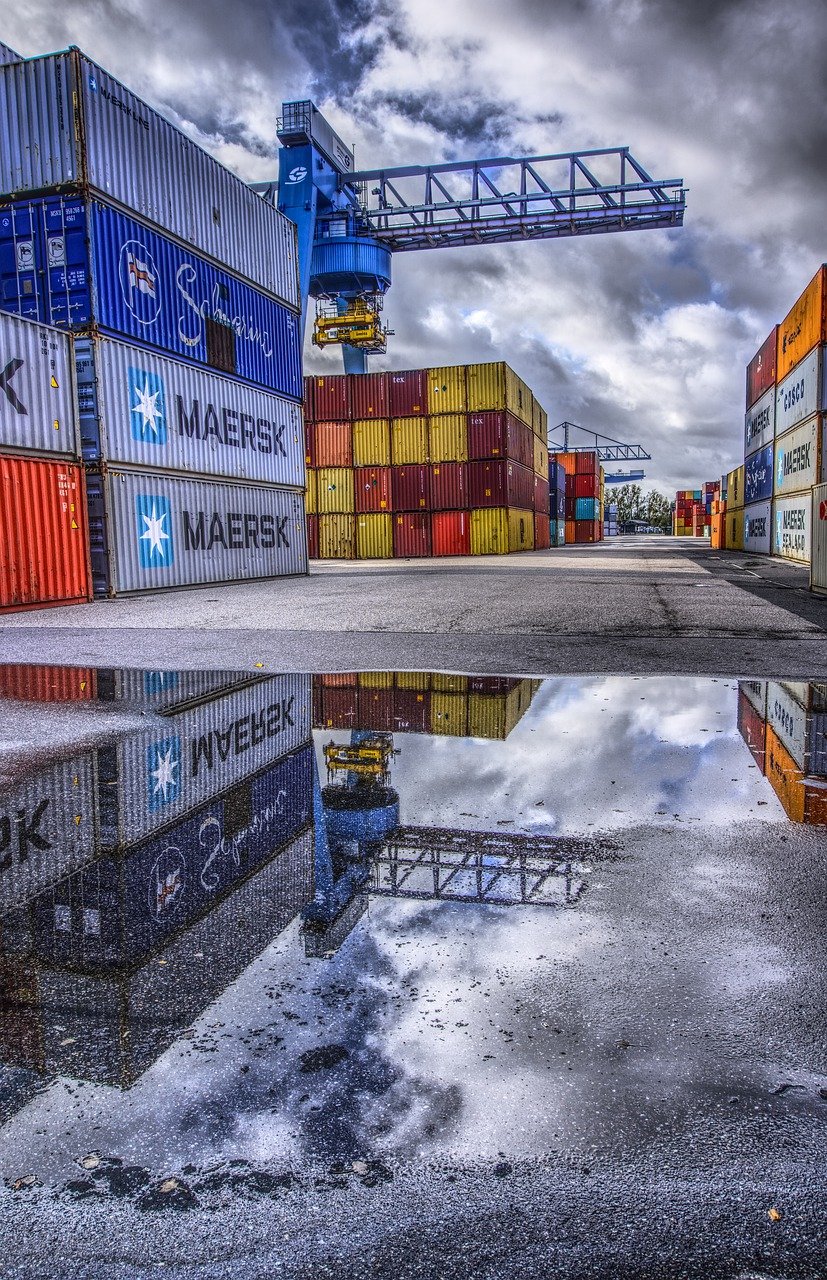More than half of companies lack end-to-end visibility in their supply chains
Companies are looking to prioritise resiliency through sustainability, planning and relationship management, but many are early on in this journey

A new report from the Economist Intelligence Unit (EIU) commissioned by The Association for Supply Chain Management (ASCM) claims more than half of companies lack end-to-end visibility in their supply chains. This makes them vulnerable to unexpected risks.
Based on research into 308 publicly listed retail, pharmaceutical and consumer electronics companies, the report examines their resilience-building capabilities to manage real time and longer-term risks, and their performance in this area over the past year.
Thirty-seven percent of the companies reported that their visibility had been impaired by internal siloes, a lack of data-driven information and an over-reliance on their own internal data. As a result, their ability to detect emerging threats or to calculate the progress of disruption across the supply chain had been negatively affected.
The report, “The Resilient Supply Chain Benchmark: Ready for Anything? Turbulence and the Resilience Imperative”, found that benchmarked companies ranked supply chain sustainability as a key way to build resilience over the next three to five years, but less than half (42%) of companies have set targets to reduce supply chain-related (or Scope 3) carbon emissions.
The report recommends business continuity plans and playbooks should include triggers outlining actions to be taken across a range of disruptions but only 57% of companies benchmarked claimed that they had business continuity plans that met this criterion. The pandemic has shown that continuity planning needs to include guidance on all processes. Some companies have shown their weaknesses by not recognising the importance of some processes until they fail.
Companies are now emphasising the creation of strong, long-term relationships with key suppliers and customers which build strategic supply chain resilience. Sharing best practices and working towards joint long-term planning with their supply chain partners improves overall performance by forging strong long-term relationships with key suppliers and customers. Providing financial assistance to maintain supply chain networks has been a key to success with 55% of companies benchmarked stating that they have directly helped suppliers remain solvent during times of crisis.
